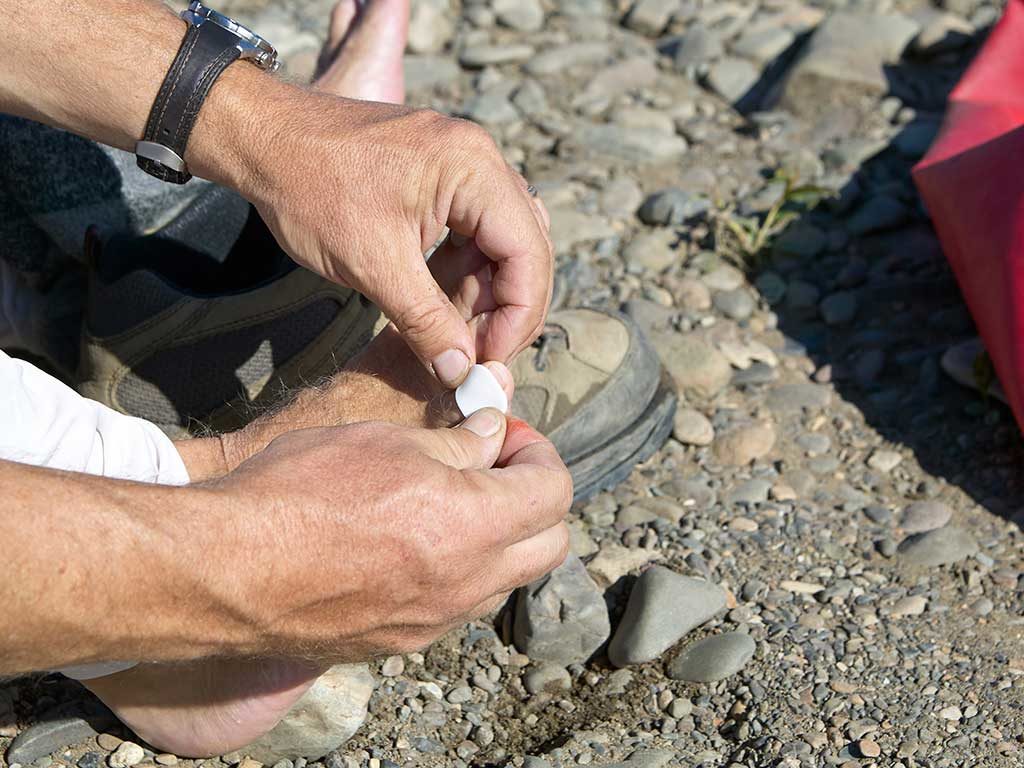By Dr. Oren Gersten

Maine is a great place to get outside. No matter what your activity inclination there is something for everyone. Beautiful walking trails, mountain hikes, water activities and bicycling are all within easy reach. Of course, with all that activity comes the risk of injury, overuse, and environmental exposures. So, a little pre-planning can maximize enjoyment of the warm weather.
From Biking to Hiking… Be Safe Out There!
For cyclists it’s important to make sure your bicycle is in good working order before heading out. Cables and brakes can stretch over the winter. At a minimum folks should be doing a basic safety check on their bike before taking them out, including steering, brakes, shifting, and tire pressure. If you are not confident a bike mechanic can be very helpful. As always don’t forget about lights and a helmet!
Walking, running, and hiking are great for physical health. Remember just because you were able to hike five miles at the end of last summer doesn’t mean you should start off with that same distance in the spring. Working up to your goals with shorter hikes, walks, or runs will go a long way in preventing early season injuries.
In addition, footwear is key for these sports. A bad blister can prevent enjoyment of sports for weeks right when the weather is getting good. A common rookie mistake is to wear a brand-new pair of hiking boots on a longer hike, which usually results in a blister. Better to break-in new boots or shoes around the house and around the block for a few weeks before getting on the trail.
Sun and Allergens Don’t Have to Stop the Fun
In terms of environmental factors affecting health in the spring, sun and allergens are probably the two most common. Springtime brings a variety of allergens into the air which can cause sneezing, watery eyes, sore throats, and overall fatigue. Depending on the severity of your allergies there are a number of over the counter options available for treating symptoms. Talk to your primary care provider or local pharmacist to find something which might work for you. But if things become more severe you may need to talk to an allergist about immunotherapy, which now comes in two forms: shots or sublingual pills.
Sun can also become a problem in the spring. There is a solid body of evidence recommending sun protection for all ages. The surest way to prevent sun damage is to wear clothes that cover exposed skin. When this is not possible an SPF sunscreen is the next best.

A common mistake in the summer is to use a “swimming shirt” for sun protection. A wet t-shirt worn to swim only has an SPF equivalent of 3! So, it is better to use a garment with a UPF rating or use water resistant sunscreen – especially for kids.
No matter what activity you enjoy this summer a little pre-planning can go a long way to maximizing fun and minimizing injury.
Oren Gersten is a board-certified family doctor who brings his passion for connecting and caring for people to his private practice, Portland Direct Primary Care.





